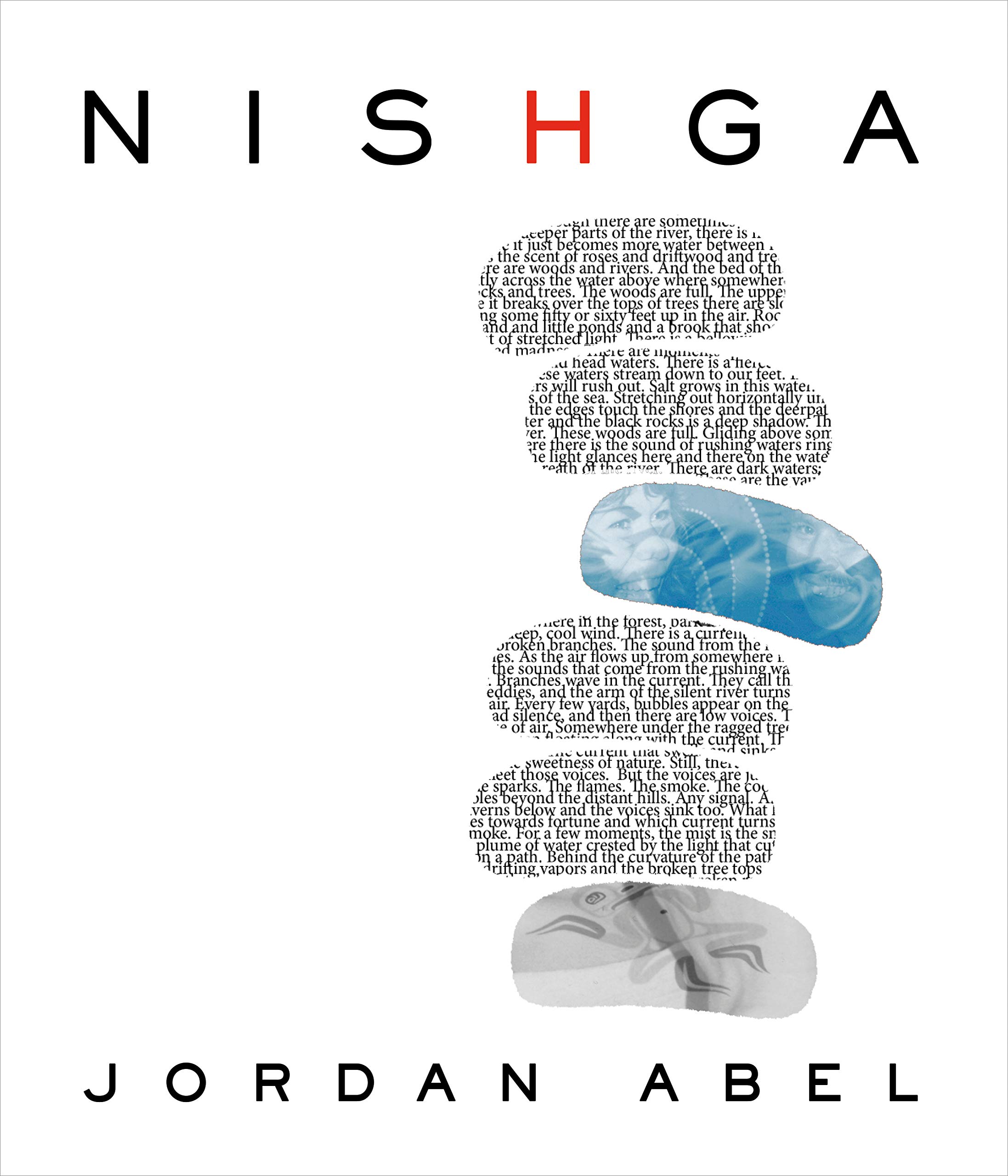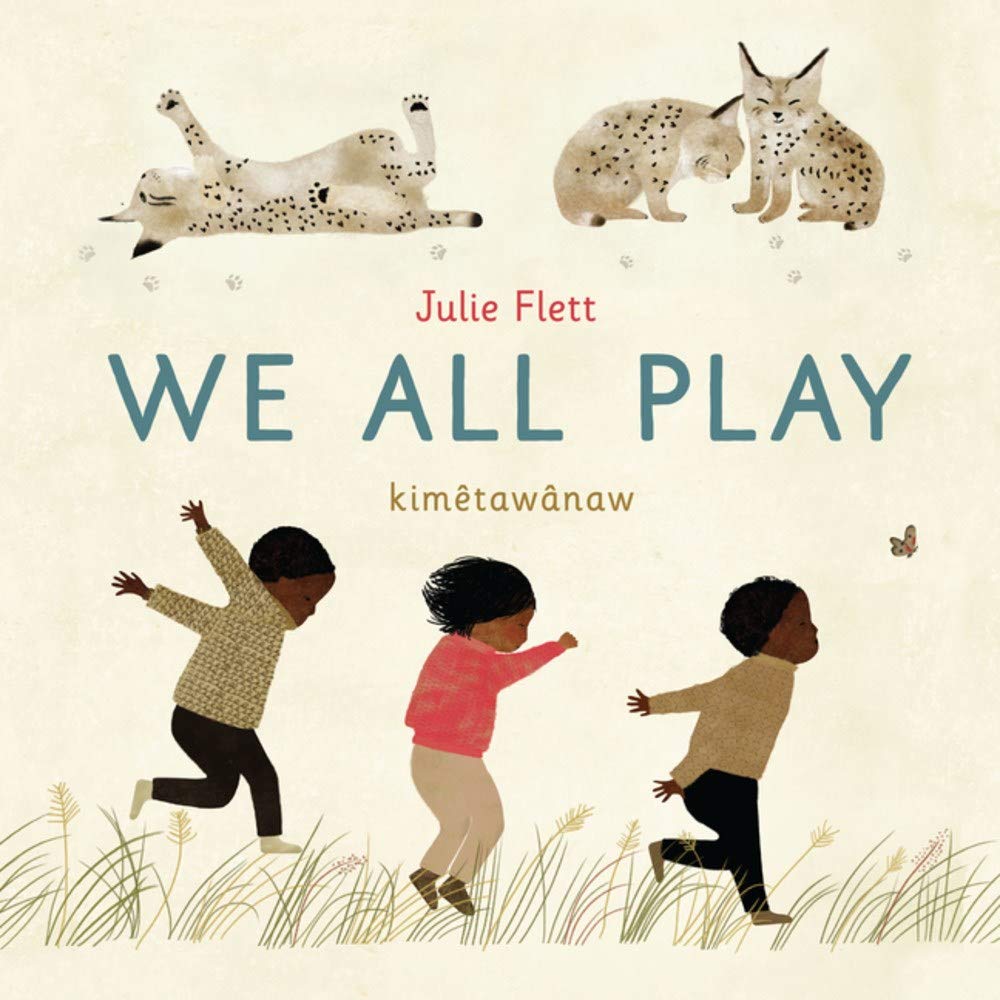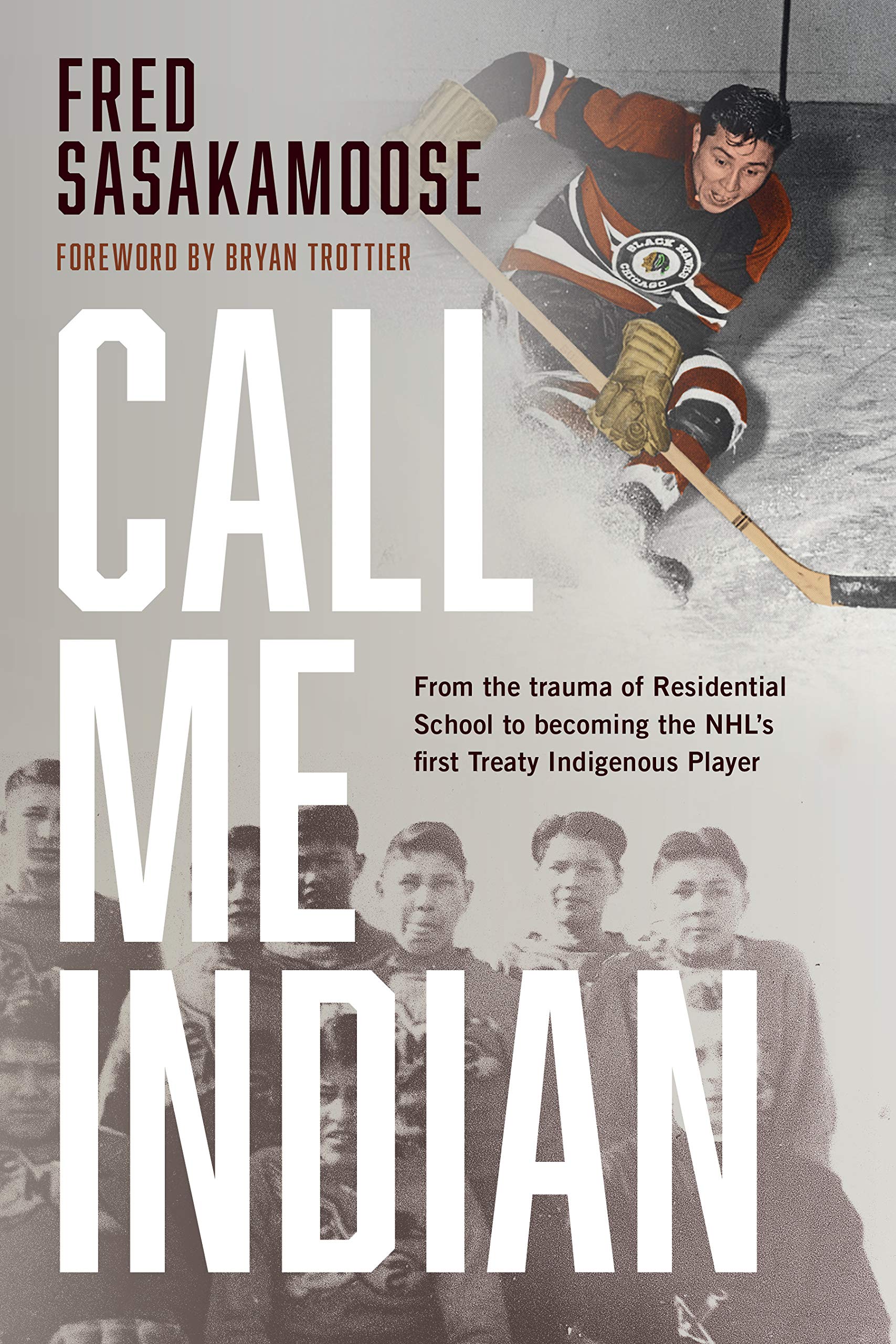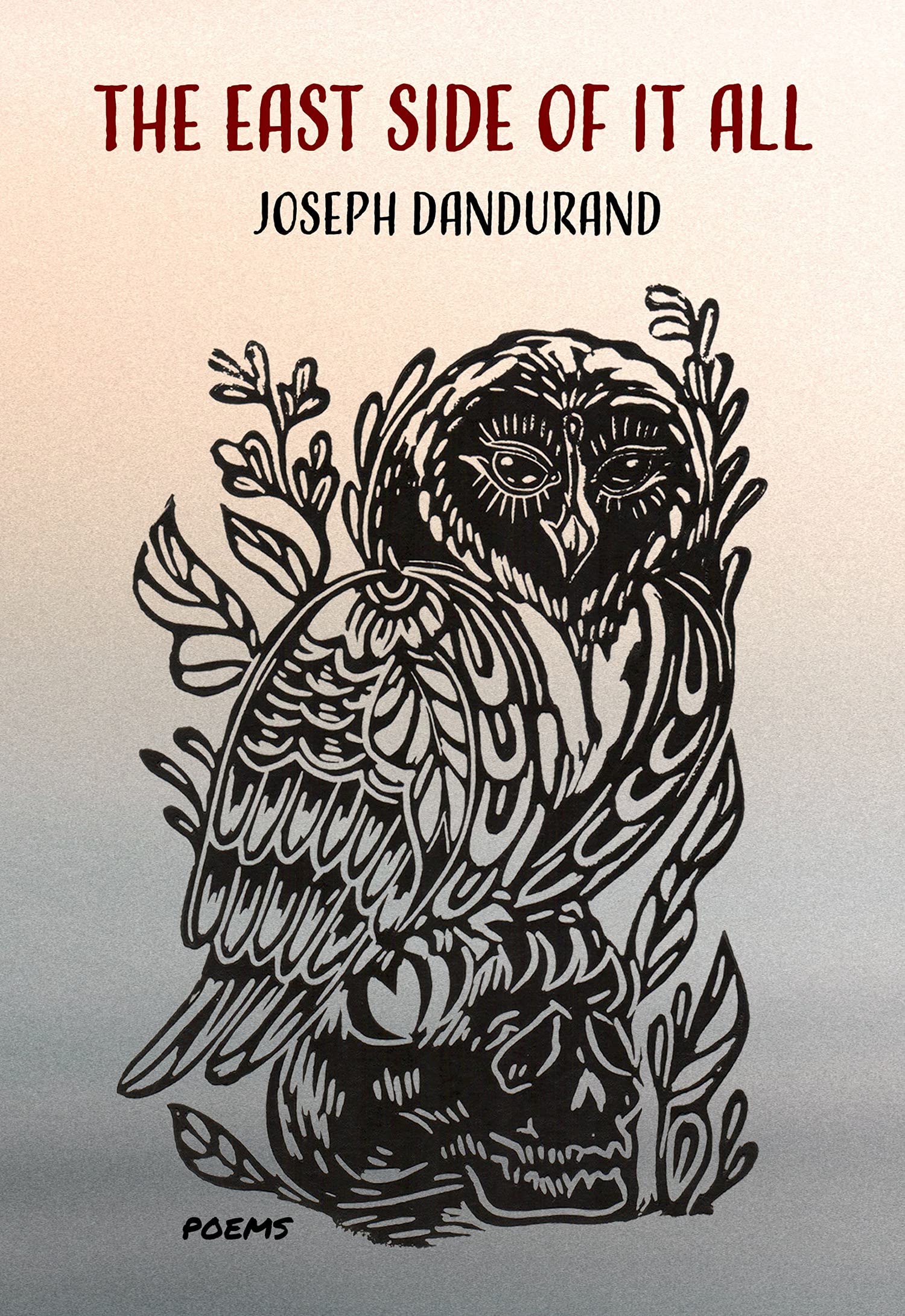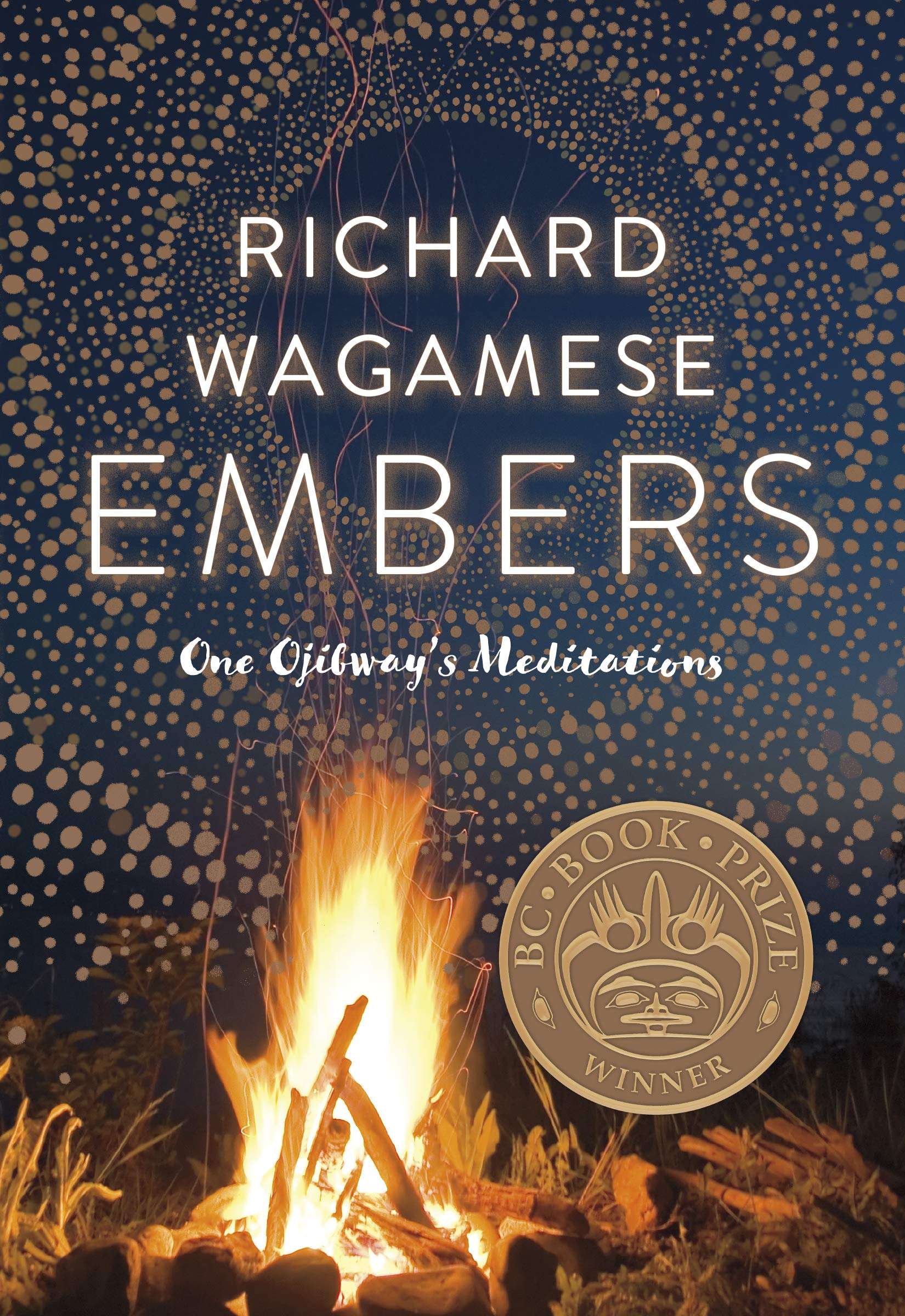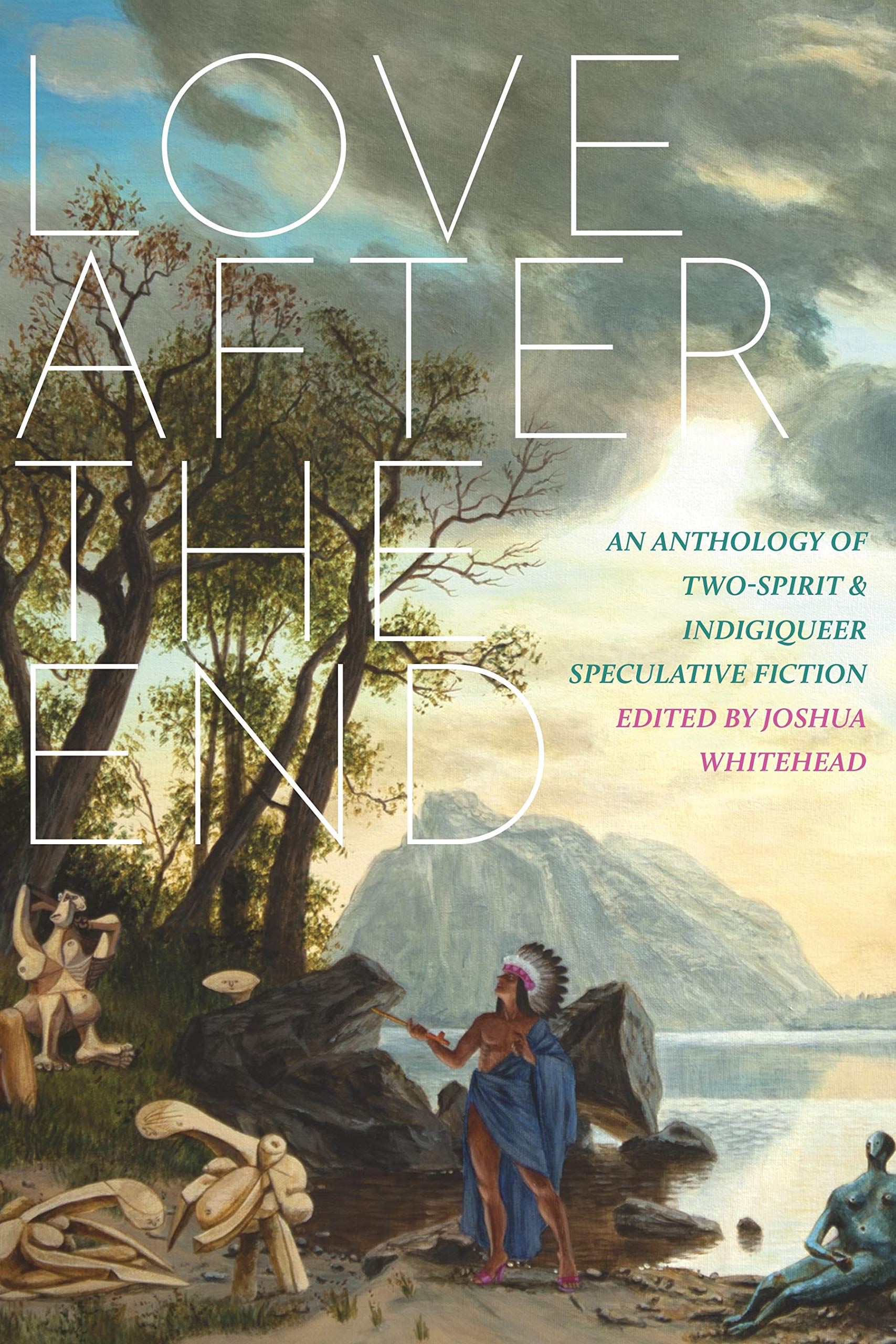
First announced as National Aboriginal Day in 1996, and now referred to as National Indigenous Peoples Day, is a day for all Canadians to observe and celebrate the unique heritage and diverse cultures of First Nations, Inuit, and Métis peoples.
As a way to celebrate, I wanted to draw attention to some talented Indigenous authors, and the books they have penned. The list includes children’s and adult fiction, LGBTQ2S+ fiction, poetry, and nonfiction.
- See also:
There’s something for everyone in our 10 essential reads for National Indigenous Peoples Day.
21 Things You May Not Know About the Indian Act, by Bob Joseph
This number 1 National Bestseller, penned by the founder of Indigenous Corporate Training Inc, Bob Joseph, is based on a viral article. 21 Things You May Not Know About the Indian Act is an essential guide to understanding the legal document and its repercussions on generations of Indigenous Peoples. Josh has provided training on Indigenous and Aboriginal relations since 1994 and has assisted individuals and organizations in building Indigenous and Aboriginal relations.
The book itself, published on Page Two, comes at a key time in the reconciliation process when awareness from both Indigenous and non-Indigenous communities is at a crescendo. Joseph explains how Indigenous Peoples can step out from under the Indian Act and return to self-determination and self-reliance, and why doing so would result in a better country for every Canadian.
Nishga, by Jordan Abel
Jordan Abel, Vancouver-born winner of the Griffin Poetry Prize, brings us this groundbreaking and deeply moving autobiographical meditation that attempts to address the complicated legacies of Canada’s residential school system and contemporary Indigenous existence.
The book draws on autobiography and a series of interconnected documents, including some pieces of memoir, transcriptions of talks, and photography. This is a book about confronting the difficult truths and explores the complications of how Indigenous and non-Indigenous peoples engage with a history of colonial violence.
Abel is also the author of The People of Scraps, which won the Dorothy Livesay Poetry Prize, Un/inhabited, and Injun, another Griffin Poetry Prize winner. His work has been published in a number of publications, including Canadian Literature, The Capilano Review, and Poetry is Dead. Jordan has recently completed a Ph.D. at SFU and is currently teaching others about Indigenous Literatures in his position as an Assistant Professor in the Department of English and Film Studies at the University of Alberta.
We All Play, by Julie Flett
Julie Flett is a Cree-Métis author, illustrator, and artist, and has received numerous awards for her work, including a Governor General’s Award and the American Indian Library Association Award.
Julie’s debut novel, Birdsong, published by Greystone Books, was the winner of the TD Canadian Children’s Literature Award and a Boston Globe-Horn Book Honor Book.
Flett’s latest book, We All Play, is sweet and gorgeously illustrated. A book that belongs on every bookshelf, We All Play celebrates the interconnectedness of nature and the delights of play and includes the Cree names for each animal at the end.
A is for Anemone, by Roy Henry Vickers and Robert Budd
Co-Authored by Rob Henry Vickers & Robert Budd, and published by Harbour Publishing, A is for Anemone is quite simply beautiful. Containing crisp, luminous illustrations, and a simple rhythmic text, this sturdy board book introduces the alphabet using iconic imagery of the West Coast, creating a book that will be cherished by young readers and their families.
Rob Henry Vickers is a renowned carver, painter, printmaker and storyteller. He’s the illustrator and co-author of the popular children’s First West Coast Book series and Northwest Coast Legends series.
Robert Budd is the author of Voices of British Columbia, a bestseller that was shortlisted for the 2011 Bill Duthie Booksellers’ Choice Award, and its sequel, Echoes of British Columbia. He holds an MA in history and has digitized many high-profile oral history collections, including that of the Nisga’a First Nation.
Five Little Indians, by Michelle Good
The winner of the Governor-General Literary Award in the Fiction Category, and a Globe and Mail Top 100 Book of the Year pick, Five Little Indians chronicles the desperate quest of residential school survivors as they come to terms with their pasts and ultimately, find a way forward.
Five Little Indians is authored by Michelle Good, a Cree writer and member of the Red Pheasant Cree Nation in Saskatchewan. Good is the holder of a Masters of Fine Arts in Creative Writing, which she earned from UBC. Her work has been published in a number of publications and anthologies across Canada. Michelle now lives and writes in the Southern Interior of BC.
Call Me Indian, by Fred Sasakamoose
Published by Viking Books, Fred Sasakamoose’s groundbreaking memoir sheds piercing light on Canadian history and Indigenous politics. The book follows Sasakamoose’s journey to reclaiming pride in identity and heritage that had previously been used against him.
Ayahkokopawiwiyin or Fred Sasakamoose was born in 1933, on what is now called Ahtahkakoop Cree Nation in Saskatchewan. Fred is known as the first Indigenous player with Treaty status to play in the NHL. When he retired, he devoted his time to activism in order to improve the lives of Indigenous Peoples through the power of sport.
East Side of It All, by Joseph Dandurand
Authored by Joseph Dandurand, a member of the Kwantlen First Nation located on the Fraser River, the East Side of It All, published by Nightwood Editions, is a collection about a broken man in Vancouver’s Downtown Eastside who finally accepts his storytelling gift.
Dandurand is the Director of the Kwantlen Cultural Centre, artistic director of Vancouver Poetry House, and the author of four other books of poetry, including SH: LAM (The Doctor), I Will Be Corrupted, and The Sasquatch, the Fire and the Cedar Baskets. He resides on the Kwantlen First Nation with his three children.
Kwanlin Dün, Our Story in Our Words, by Kwanlin Dün First Nation
A Finalist for the BC and Yukon Book Prizes and Roderick Haig-Brown Regional Prize, this stunning illustrated book captures the stories and experiences of the people on the Whitehorse waterfront and traditional territories.
Dǎ Kwǎndur Ghày Ghàkwadîndur—Our Story in Our Words — traces the heritage of Tagish Kwan and other people belonging to the Kwanlin Dün First Nation, from thousands of years ago to the present day.
Embers: One Ojibway’s Meditations by Richard Wagamese
Embers, written by Richard Wagamese, is a carefully curated selection of everyday reflections. This book explores the various manifestations of grief, joy, recovery, beauty, gratitude, physicality and spirituality.
Richard Wagamese was a novelist, journalist, and mentor. One of the most well-known Indigenous writers not only in Canada, but around the world, Wagamese has won several awards including the Canada Council for the Arts Molson Prize, and the Writers’ Trust of Canada’s Matt Cohen Award. His writing brings attention to issues relating to Indigenous identity, culture, truth, and reconciliation.
Love after the End: An Anthology of Two-Spirit and Indigiqueer Speculative Fiction by Joshua Whitehead
Joshua Whitehead, the author of Jonny Appleseed, brings us this bold and breathtaking anthology of queer Indigenous speculative fiction. Love After The End showcases a number of new and emerging 2SQ (Two-Spirit and queer) Indigenous writers from across Turtle Island.
Whitehead is an Oji-Cree/nehiyaw, Two-Spirit/Indigiqueer member of Peguis First Nation (Treaty 1). His debut novel, Jonny Appleseed, was a Lambda Literary Award-winning novel and was also longlisted for the Scotiabank Giller Prize. Currently, Joshua is working on a Ph.D. in Indigenous Literature and Cultures in the University of Calgary’s English department.



